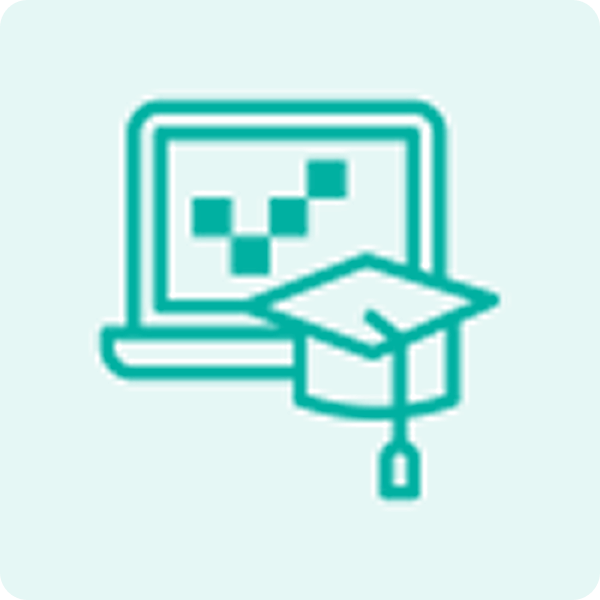MAI4CAREU - Machine Learning: Kernel-based Methods 1 & 2

The University of Cyprus's MSc Artificial Intelligence is part of the Master programmes in Artificial Intelligence 4 Careers in Europe (MAI4CAREU). One of Master's programme's courses, MAI612 - Machine Learning is split up into several lectures. This part of the course is divided in two lectures, seventh and eight respectively, both focusing on Kernel-based Methods.
Kernel-based Methods 1: learning outcomes
MAI612 Lecture 7 delves into Kernel-based methods, with a primary focus on Support Vector Machines (SVM). The lecture unfolds key concepts such as linear and non-linear decision boundaries, introducing students to the intricacies of kernel methods and the kernel trick. With this lecture you will understand:
- The concept of a linear and non-linear decision boundary.
- What kernel methods are and the kernel trick.
- Different kernels and how to construct valid kernels.
- The support vector machine (SVM) algorithm.
- The concept of the maximum margin classifier.
- The objective function of SVMs and how it relates to logistic regression.
- How to create non-linear SVMs using kernels.
- The basics of Support Vector Regression.
Kernel-based Methods 2: learning outcomes
In Lecture 8, the focus shifts to advanced concepts in Kernel-based methods, offering a deep dive into exact interpolation versus approximation. The session unfolds the intricacies of Radial Basis Functions (RBF) and their applications in RBF networks. Students gain insights into training RBF networks for both exact interpolation and approximation, exploring the nuances of automatically optimizing RBF parameters through gradient descent. With this lecture you will gain knowledge on:
- About exact interpolation vs approximation
- What Radial Basis Functions (RBF) are and how they can be used in RBF networks
- How to train an RBF network for exact interpolation
- How to train an RBF network for approximation
- How to automatically optimize the parameters of the RBF using gradient descent
- Normalized RBF networks
- RBF networks for classification
- The XOR problem
- The basics about the Gaussian Process model

